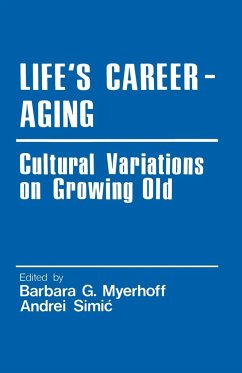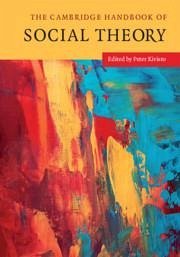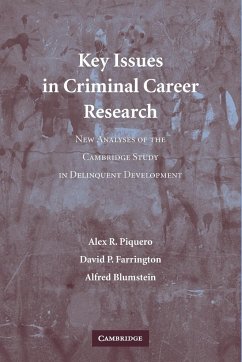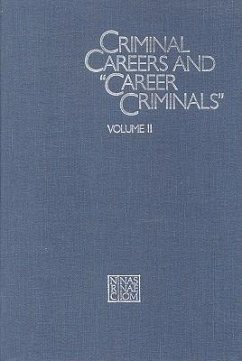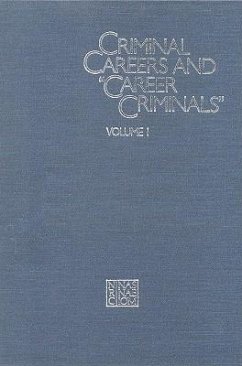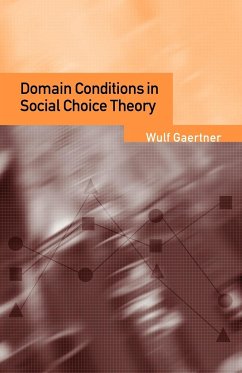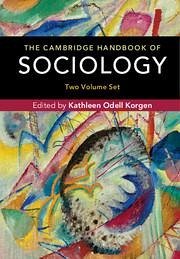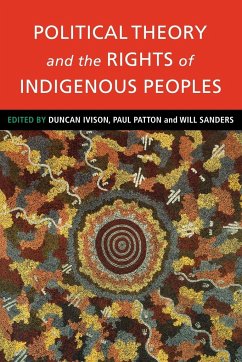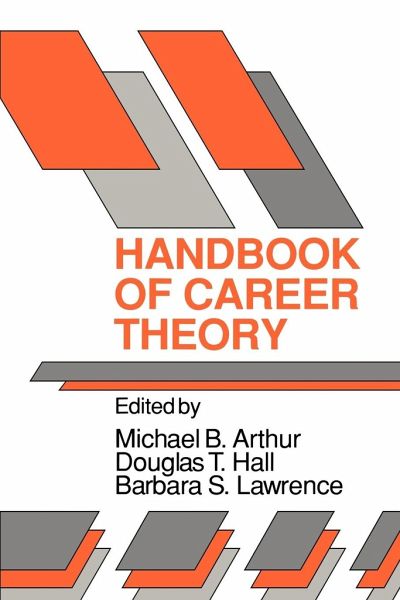
Handbook of Career Theory

PAYBACK Punkte
58 °P sammeln!
The Handbook Of Career Theory proposes new ways of looking at how working lives unfold over time. Part I reviews established lines of inquiry in career theory. In contrast, Part II considers prospective lines of inquiry, drawing upon fresh work from psychology, social psychology, sociology, anthropology, organization theory, economics, and political science. Part III provides three commentaries on these views: one from an individual, one from an organizational, and one from a societal perspective.







